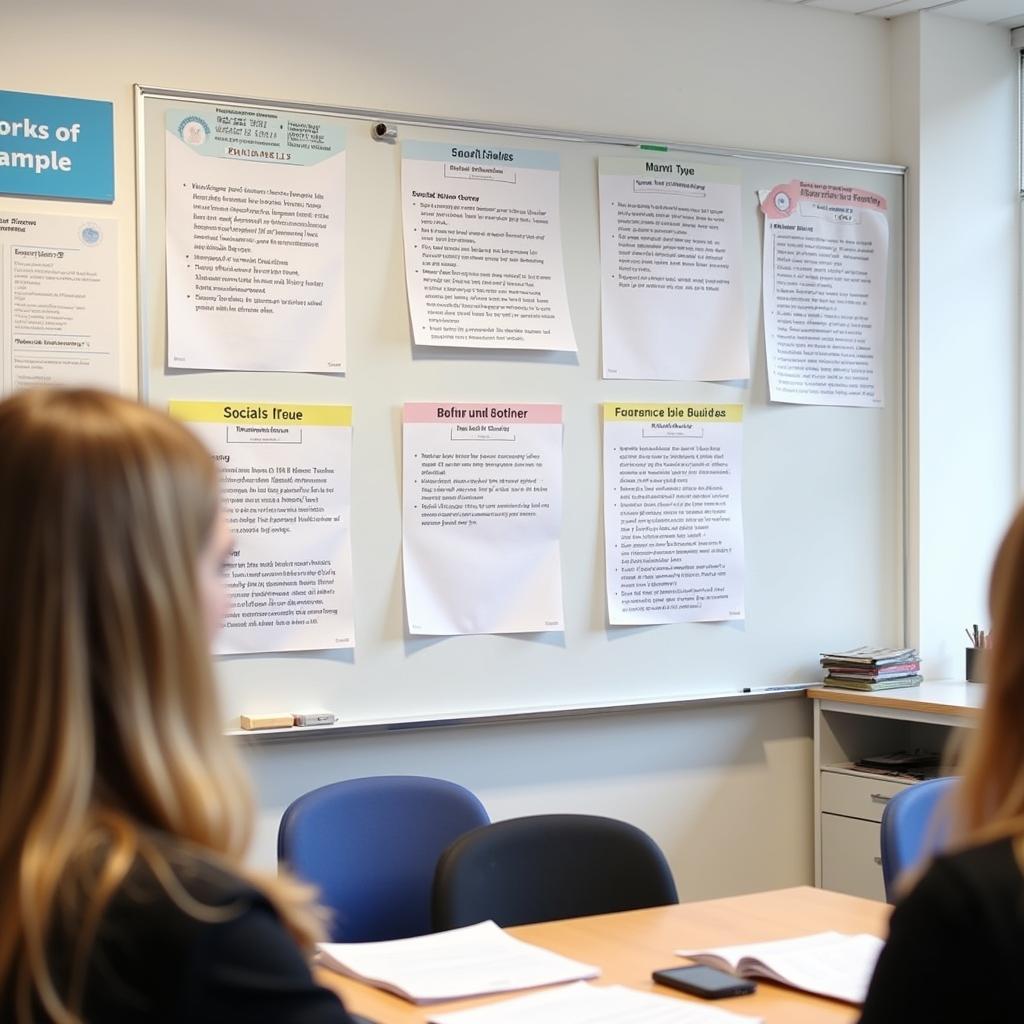Domestic violence and its impact on children is a crucial social issue that frequently appears in IELTS Writing Task 2 examinations. Based on analysis of past papers, this topic has appeared in various forms over the last five years, particularly in questions about social problems, family relationships, and child development. Similar to impact of divorce on child development, this theme tests candidates’ ability to discuss complex social issues.

Task Analysis and Question Types
Some people believe that children who witness domestic violence are likely to become violent themselves in later life. To what extent do you agree or disagree with this statement? Give reasons for your answer and include relevant examples from your knowledge or experience.
This question requires candidates to:
- Express their opinion on the cycle of violence
- Support arguments with relevant examples
- Consider both short-term and long-term effects
- Discuss psychological and behavioral impacts
Band 8.0 Sample Essay
Violence within families creates ripples that extend far beyond immediate physical harm, particularly affecting children who witness such incidents. While I largely agree that exposure to domestic violence can increase the likelihood of violent behavior in later life, this outcome is not inevitable and can be prevented through proper intervention and support.
Children who regularly witness domestic violence often internalize harmful behavioral patterns. Research shows that these young observers frequently develop a distorted understanding of conflict resolution, viewing aggression as a normal response to disagreement. This psychological imprinting can manifest in their own relationships as adults, perpetuating a cycle of violence that spans generations. For instance, studies indicate that boys who witness their fathers abusing their mothers are significantly more likely to become abusive partners themselves.
However, this trajectory is not predetermined. With appropriate psychological support and positive role models, children can break free from this cycle. Similar to The effects of drug addiction on families and communities, early intervention programs have proven highly effective in preventing the transmission of violent behaviors. Professional counseling, supportive school environments, and community mentoring programs can help children develop healthy coping mechanisms and relationship skills.
Therefore, while the risk of children replicating violent behaviors they witness is significant, society’s response to supporting these vulnerable young people plays a crucial role in determining their future behavior patterns. The key lies in providing comprehensive support systems that help break the cycle of violence.
Band 6.5 Sample Essay
I believe that domestic violence has negative effects on children and can make them violent in the future. This is a serious problem that needs attention from society.
Firstly, children learn behavior from their parents. When they see violence at home, they think it is normal. For example, if a father always hits the mother, the son might think this is how to treat women. Also, children who see violence get scared and angry, which can make them aggressive.
However, not all children become violent. Some children learn that violence is wrong and choose to be different from their parents. They can get help from teachers, counselors, or other family members who show them better ways to behave. Some children become very kind because they know how bad violence feels.
The government and schools should help children from violent homes. They need special support and counseling to prevent them from becoming violent. Teachers should watch for signs of problems and help these children.
In conclusion, while domestic violence can make children violent, it’s not always true. With proper help and support, children can grow up to be non-violent adults.
Key Vocabulary to Remember
- Perpetuate (v) /pəˈpetʃueit/ – to cause something to continue
- Internalize (v) /ɪnˈtɜːnəlaɪz/ – to accept or absorb an idea or behavior until it becomes part of your nature
- Intervention (n) /ˌɪntəˈvenʃn/ – the act of becoming involved in a situation to improve it
- Trajectory (n) /trəˈdʒektəri/ – a path of development
- Aggression (n) /əˈɡreʃn/ – violent or hostile behavior
- Psychological imprinting (n) /ˌsaɪkəˈlɒdʒɪkl ˈɪmprɪntɪŋ/ – the learning of behavior patterns during early life
- Distorted (adj) /dɪˈstɔːtɪd/ – twisted or changed from the original form
Conclusion
The topic of domestic violence’s effects on children remains relevant for IELTS candidates. Practice writing about similar themes such as:
- The role of society in preventing domestic violence
- Government measures to protect children from family violence
- The importance of early intervention in troubled families
Share your practice essays in the comments section for feedback and improvement suggestions.